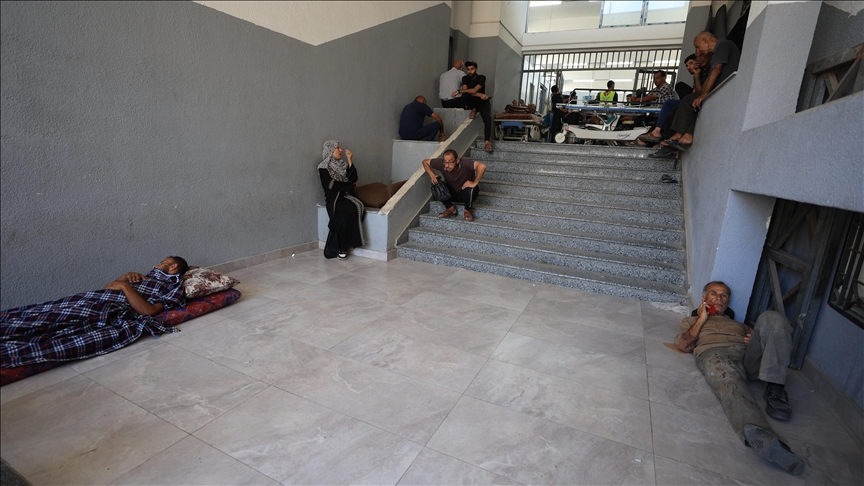One Hospital's Dire Plight in Gaza
The WHO's warnings and deliveries of fuel are a temporary solution to a much larger problem, with the humanitarian crisis in Gaza requiring a comprehensive and sustained response to address the needs of the affected population, including the provision of medical care, food, and shelter.

Shifa Hospital in Gaza is struggling to stay operational due to critically low fuel supplies, forcing the hospital to reduce services and operate at minimum capacity, putting 13 intensive care patients at risk.
The World Health Organization (WHO) has delivered 3,000 liters of fuel to the hospital, but conditions remain dire, with the hospital lacking fuel, medical supplies, and being overwhelmed with injuries. Beds are full, and patients are being treated on the floor, highlighting the severity of the crisis. The WHO has urged an end to the "senseless killing" in Gaza, citing a surge in meningitis cases among children due to overcrowding, poor hygiene, and disrupted vaccinations.
The situation is equally dire at Gaza's Nasser Hospital, which is operating as a "massive trauma ward" due to an influx of patients injured at non-UN food distribution sites. The hospital is seeing daily injuries, with most coming from sites that are supposed to be safe, further exacerbating the humanitarian crisis. Palestinians are being wounded in gunfire while receiving aid, underscoring the urgent need for a resolution to the conflict.
As the crisis in Gaza deepens, the international community is being called upon to take action to address the humanitarian needs of the affected population, including ensuring the provision of essential medical supplies and fuel to hospitals, and working towards a peaceful resolution to the conflict.